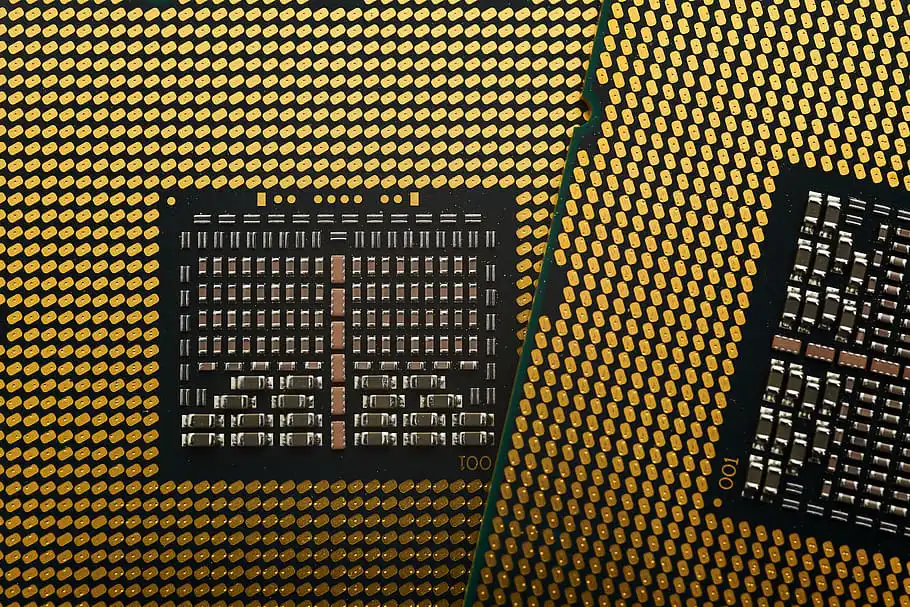Boeing, the American multinational corporation known for manufacturing aircraft, satellites and missiles, has raised concerns about financial struggles faced due to NASA's fixed-price contracts. The company's executives signaled its woes during a conference call.
Normally, the company earns its profits from costs-plus contracts wherein the US government pays a fixed amount, plus a certain percentage as profit. However, this is not the case with NASA contracts which are 'fixed-price' contracts.
In a 'fixed-price' contract, a company agrees to do a specific amount of work for a fixed amount of money. This leaves no room for additional payments or profit percentages, regardless of any unexpected additional costs incurred during the project.

According to Boeing's Chief Financial Officer, Brian West, these contracts have led the company into a financial conundrum. West recently voiced these concerns to investors and analysts during an earnings call.
The Boeing official took the opportunity to shed light on the financial mechanics of these contracts from the company's perspective. He highlighted how the lack of profit margin has strained the company's finances and is creating a fiscal crisis.
West discussed how the cost of production often surpasses original estimates due to unexpected engineering complexities, technology-related challenges, or government project changes. When such scenarios arise under a fixed-price contract, Boeing is left to bear the burden.
This struggle becomes especially severe when Boeing is developing new technology or prototypes. These projects often require more time and money than what's initially anticipated. Unfortunately, under a fixed-price contract, the business can't claim extra costs.
For instance, Boeing has been suffering losses on its program under NASA's Commercial Crew Program. The company has a contract to build the Starliner spacecraft with the agency and to deliver crew to the International Space Station (ISS).
The Starliner program, like almost all new technological endeavors, ran into numerous unexpected issues and delays. These added to the cost of the program, leading to increased expenditure that can't be covered due to the fixed-price contract deal.
West also revealed that the cost-exceeding budget also impacted another major fixed-price contract project - the Space Launch System (SLS). The SLS is a powerful, deep-space rocket being designed for Artemis missions to the Moon and Mars.
He further warned that the company might have to reconsider accepting fixed-price contracts in the future. Consequently, this could shrink the potential market for Boeing, making the company less competitive in the eyes of the most lucrative client, NASA.
Boeing's situation explains one of the potential downsides of fixed-price contracts for suppliers. It can also lead to a situation where suppliers cut corners to save cost, impacting the quality of the final output.
However, from NASA's viewpoint, these fixed-price contracts ensure that the agency's outsourced projects stay within budget. NASA operates with taxpayer money and needs to maintain fiscal prudence to achieve its mission within the allotted funds.
The struggle is regarding striking a balance between project cost control and ensuring quality deliverables from suppliers like Boeing. It is a dilemma that most government organizations face when dealing with high-cost, high-risk projects.
Analysts believe that both parties need to mutually find middle ground. Known for incorporating state-of-the-art technology into aerospace projects, Boeing needs to innovate profitable solutions to continue making strides in space exploration.
While NASA's determination to encourage competition and bring down space-transportation costs is valid, it also needs to acknowledge the financial risks taken by the company. Unless a balance is achieved, the risk of quality compromise remains high.
Many industry experts are now eagerly watching to see how both entities navigate this complex situation. The resolution will likely determine not only their future relationship but also the direction of the aerospace industry at large.
Whatever the outcome, these events serve as a case study for many other industries dealing with fixed-price contracts. The Boeing and NASA quandary illustrates the economic risks these contracts pose when dealing with high-risk, high innovation projects.
In conclusion, Boeing's battle with fixed-price contracts reflects the tense relationship that innovators often have with their institutional customers. If untreated, this predicament could affect the pace of innovation and technology growth in the aerospace industry.
And so, the aerospace giant, Boeing now stands at a financial crossroads. Depending on its strategy - whether it chooses the path of negotiation or opts for a different business model – it could chart the course of its future, a future hopeful of profit and innovation.